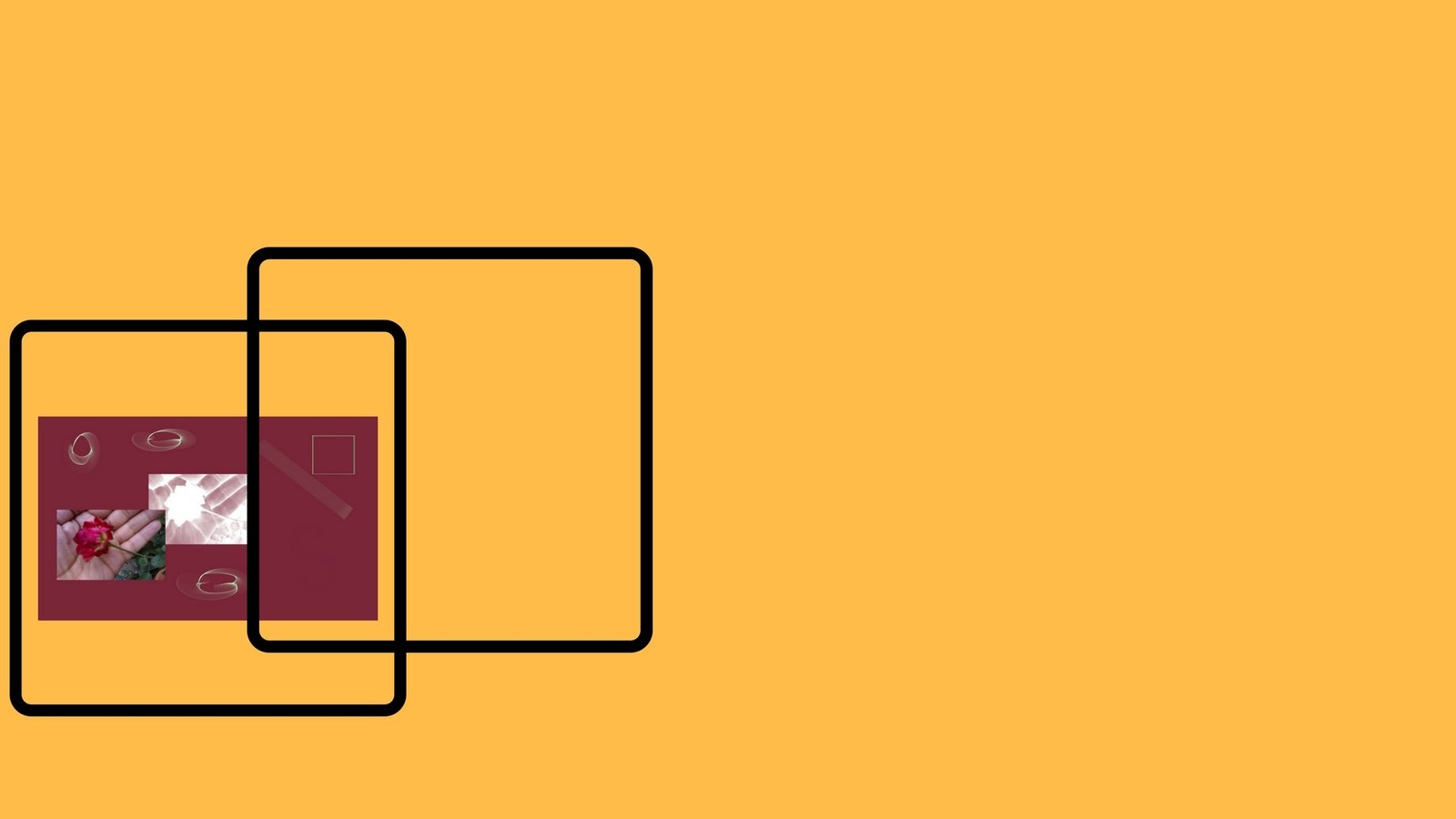There is the impossible task of asking society to offer solutions to problems that society itself has produced, tolerated, or silently witnessed for so long. When such a task is undertaken, there is the danger of quickly losing balance in any line of reasoning or with any argument. As soon as a statement can be made upon which, it is possible to have finality on a personal level… the soon it is opened to society, the finality is gone. Why? It happens because, other members of society have attained a finality of thought on a matter, but they have come to different conclusions. For them to come to the same conclusion as me, or you, each one would have to go through the very same journey and have the same context.
Even when we speak of context, it is possible to think only in terms of external factors. However, internal factors have a very significant bearing. What one eats, the air one breathes, the water one drinks, and all these forming a part of the human physical system have a decided effect on human thinking. To try to separate a human into physical, mental, emotional, and spiritual is itself possible, but it is entirely a detrimental act in the end. Can we interact with the mind and not have any effect on the emotions in the heart? Can we touch the body and isolate it from the response of the mind? These distinctions produce divisions in the entirety of the human experience, and finally, we find the impossibility of addressing the concerns of the whole human.
How these distinctions have come to be, quite certainly, is due to the human occupation with analysis. The analysis of a matter gives rise to theoretical advancements, which may actually be entirely separated from how the practical reality works! For example, if one wishes to learn a language, one starts with the alphabet. Then, he starts to learn the rules of grammar. Finally, he is able to intelligently put alphabets to form words, words to phrases, phrases to sentences, then paragraphs, essays, books, etc. How odd and insensible would it be to go so far back into analysis so as to be scrutinizing a book at the alphabetical level! Yet, it is possible. Could one, however, hope to understand the message, or enjoy the book? NO!
A human being is a book.
It is very much the same with human beings. We are books. With age and experience, we build on what we have. We keep adding pages to who we are. By the time we are close to the end of our lives, we hope to have added enough pages so as to be counted as a book worthy of preserving, of studying. There is a sadly large number of human beings who never get that chance. Their entire existence has been summed up in the pursuit of one or two things, and while it goes into great depth on any one subject, there are so many undiscovered stories that never will be a part of their book – their own life, their own selves. I personally know this.
I wish, there could be a world where each human had the freedom to write his own book. I wish, a human also had the knowledge before him to decide, how he wishes to write his own book. And that, he would not have to fear that his book might suddenly come to an end with an unfinished story. Which human exists today who has overcome the limitation of death? No one. In this unfulfilled and incomplete life, there is the possibility of having done much. There are those who wish to do what is good and to keep doing it. However, their chance is stolen from them. Who gives power to the thief? How is it that others come to be in a position of power and authority to steal from someone his rights, his freedom, his aspirations, and his power? It happens because this is the society we have built.
Today we are hoping to build a society which, by its own power and wisdom will succeed in solving its self-created issues. It is not going to happen because the flaw rests at the most basic level of society; it is in the individual human being. This is where the Bible’s teaching of sin and of its consequence, death, makes perfect sense. No human is able to overcome sin, for if he could, he could also overcome its consequence of death. Can anyone do so? No. What humans can do is, try to find solutions, but it is the terrible ignorance and arrogance of humans to suppose that they are in themselves capable of finding lasting solutions. No human solution is lasting, for, in truth, even a human being himself is not assured of lasting. What lasts is the effort we make, the wishes we have. In our world of transient humans and transient lives, other humans can pick up where the forerunners left off. Even so, first, we must be convinced that these forerunners left us something worthy of pursuit. Then, our books will have pages that end in some satisfaction.

